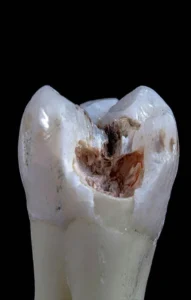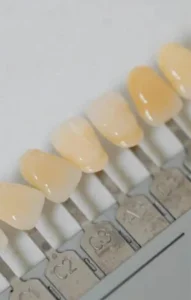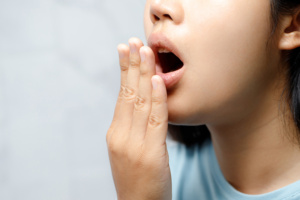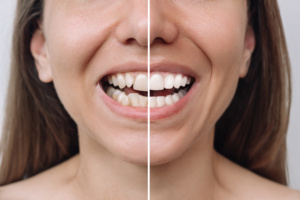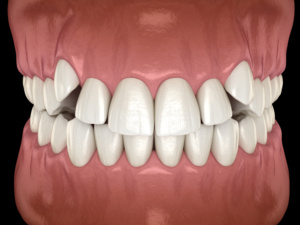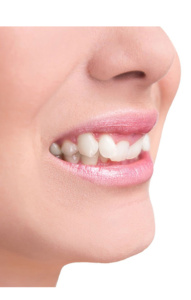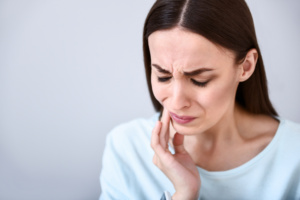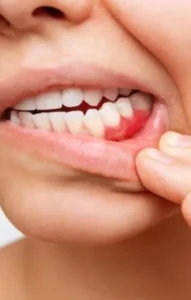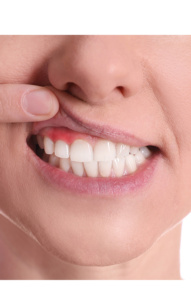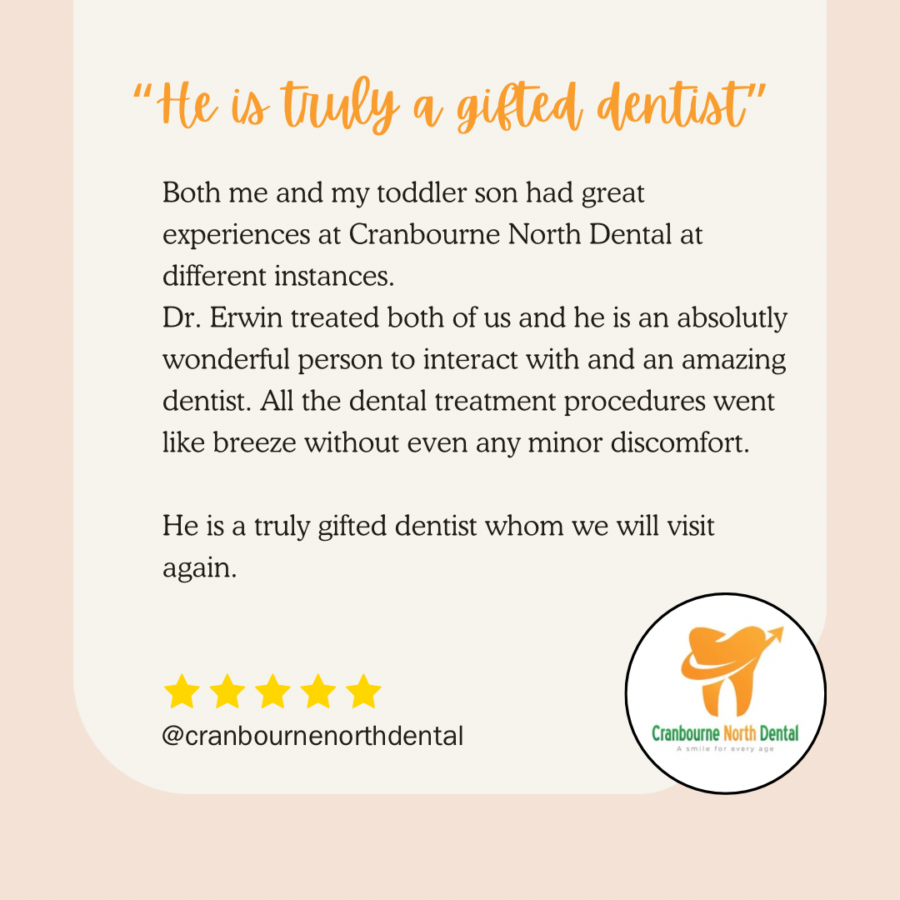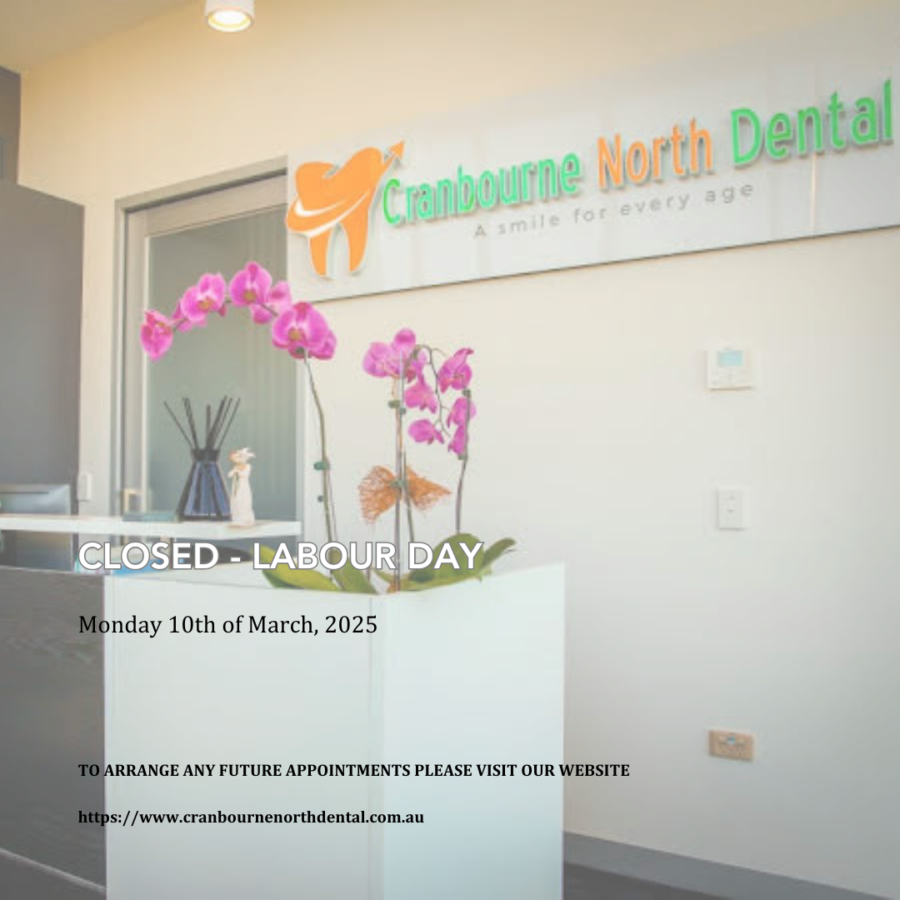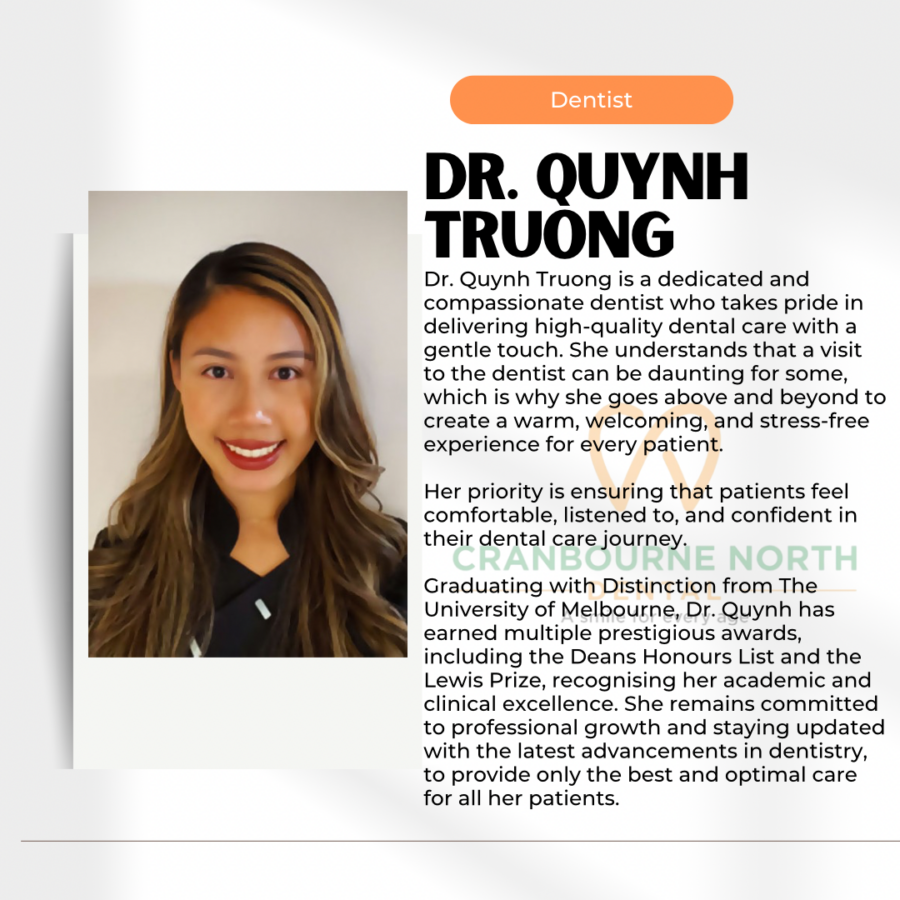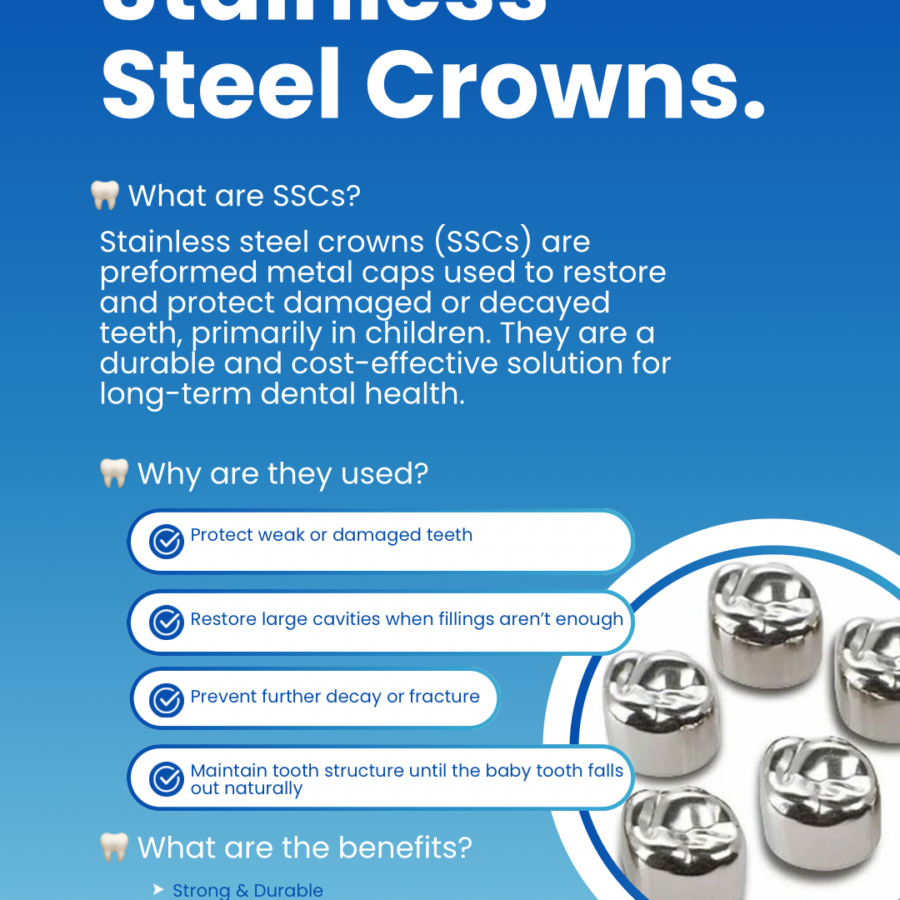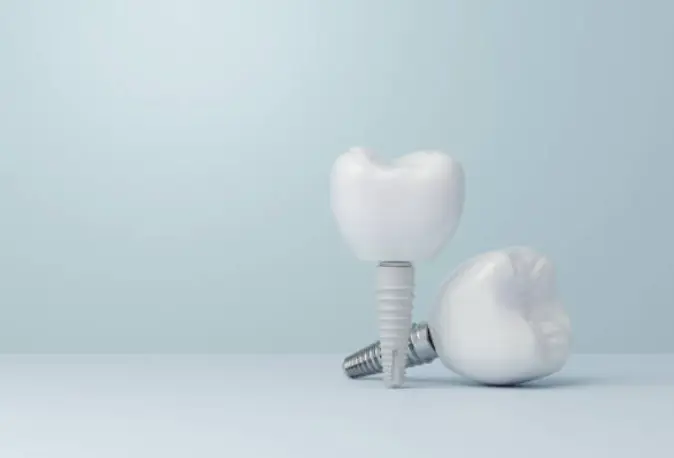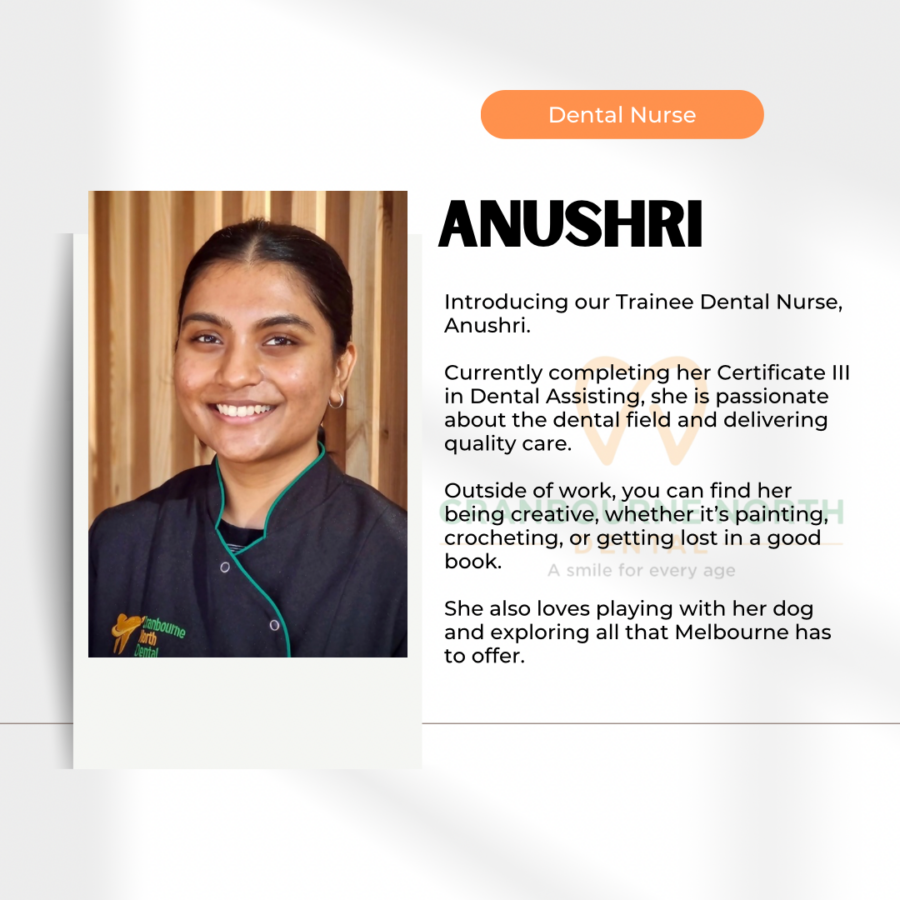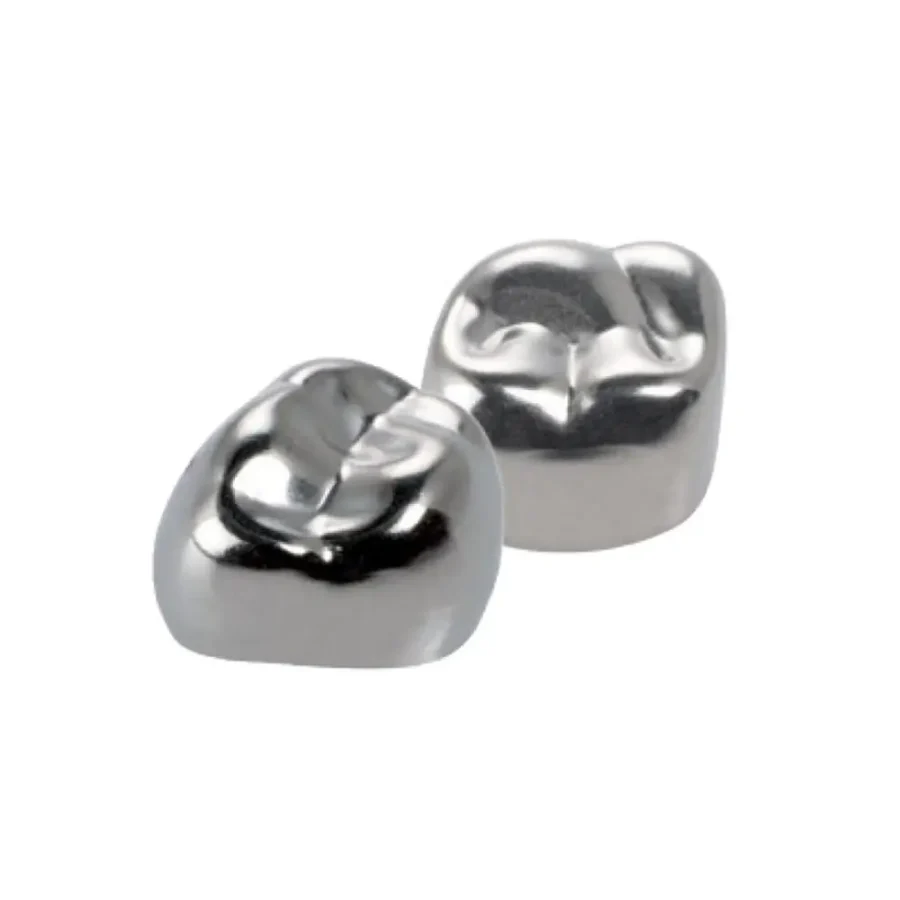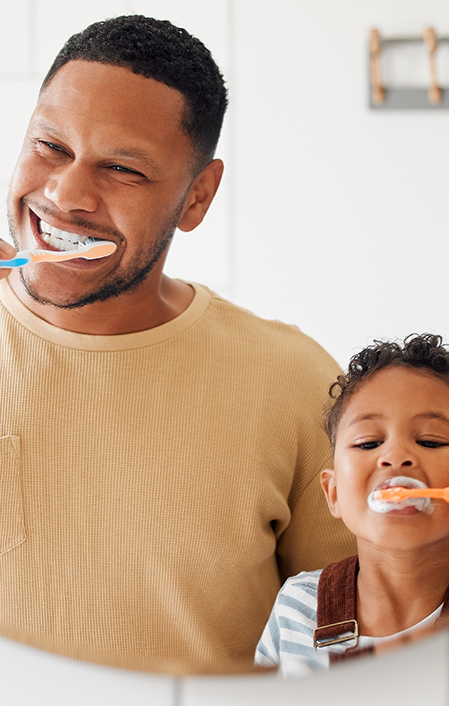
Professional Teeth Cleaning
Teeth cleaning is a crucial part of maintaining good oral hygiene and preventing dental issues such as cavities, gum disease, and bad breath. While daily brushing and flossing are essential, professional teeth cleaning by a dentist or dental hygienist provides a more thorough level of care that keeps your teeth and gums more healthy in the long term.
Prevention is better than cure
Beyond the obvious removal of plaque, calculus (tar tar) and stains, teeth cleaning also benefits you by:
- Preventing Cavities: Plaque can accumulate on teeth. If left for some time, it can harden into calculus and lead to and increase risk of tooth decay and cavities.
- Prevents Gum Disease: Calculus build-up can lead to inflammation and infection of the gums. It can progress into more severe advanced gum disease (periodontitis), which can result in tooth loss.
- Freshens Breath: Persistent bad breath, or halitosis, can result from the build-up of plaque, calculus, and food particles that are not effectively removed through regular brushing.
- Brightens Your Smile: Dental cleaning helps remove surface stains caused by coffee, tea, or tobacco, leaving your teeth looking whiter and brighter.
- Boosts Overall Health: Research has shown that oral health is closely linked to overall health. Conditions like heart disease, diabetes, and respiratory problems have been connected to poor oral hygiene.
Knowing your teeth are clean will also boost your confident smile.
Signs You Might Need your Teeth Cleaned
Similar to gum disease treatment, this includes:
- More than 6 months since your last dental clean (or 3 months if you have Periodontitis)
- Bleeding gums, especially when brushing or flossing
- Swollen & sore gums
- Heavy plaque build-up around your gums
- Dark brown or black deposits around your gums
Dental Clean procedure
A professional dental cleaning session involves the following steps:
- Oral Examination: We will examine your mouth to check for any signs of gum disease, cavities, or other oral issues prior to your teeth cleaning.
- Ultrasonic scaling: Using an ultrasonic scaler, plaque and calculus around the gumline is removed via vibration and water flushing.
- Polishing: Your teeth will be polished using a gritty toothpaste and an electric polishing system. This helps eliminate surface stains and any plaque on the teeth.
- Flossing*: Your teeth are flossed to ensure no remaining debris or plaque is left behind. *Note: this may not be done if removal of debris was sufficiently achieved during the scaling.
- Rinsing: You’ll rinse your mouth to remove any residue from the cleaning.
- Fluoride Treatment: Fluoride varnish treatment may be applied to strengthen your teeth and protect them from cavities for several months.
We have a variety of Payment Plans available – giving you the flexibility of paying for your Dental Clean later.

Common Problems with Dental Cleans & Deep Gum Cleans
As with any procedure, some patients may experience problems with dental work. For a dental clean, these may include:
- Increased sensitivity to hot, cold and sweet drinks or food.
- Increased recession of the gum tissue and exposure of root surfaces as the tissue heals and swelling decreases.
- Feeling of gaps between teeth where the build-up used to be.
Deep clean (periodontal debridement) complications could also additionally include the following:
- A black triangle appearance and shadowing between the teeth where the dental papilla has been lost. This is irreversible, but if treatment is successful it can be masked.
- Post treatment is often followed with substantial pain and soreness in the gums and bony tissue which can last several days. This is to be expected and instructions will be given on how to control the pain and soreness.
- There are occasions when profuse bleeding of the gums can follow after treatment. Some bruising or swelling of the intraoral and facial swelling may occur and may experience some gum discoloration.
- Postoperative infection may occur, which can range from mild to severe in nature.
- Surgical procedures may possibly result in injury to the nerves of the lips, tongue, or other oral tissues. Numbness could occur which may be either temporary or permanent.
- Temporary increases in tooth mobility.
- To prevent and help control periodontal disease we advise proper brushing technique, flossing or other interdental cleaning at home and maintaining regular periodontal cleaning and root planning.
Call Us or Book Online Now
Common Problems
Questions About Your Dental Filling?

Does teeth cleaning hurt?
For most people, teeth cleaning is not painful, however, some may feel slight discomfort if you have sensitive gums or significant build-up, but the process should not cause pain.
Can a teeth clean remove all my stains?
Most extrinsic (external) stains such as the ones from tea and coffee can usually be removed with teeth polishing. Deeper, intrinsic stains may require teeth whitening or enamel microabrasion.
Does a professional teeth clean whiten my teeth?
- Teeth cleans remove stains but usually does not whiten teeth. Whitening teeth requires a different process.
Can I clean my teeth during pregnancy?
A professional teeth clean is safe during pregnancy and is encouraged. Pregnancy can increase the risk of gum disease due to hormonal changes, so maintaining good oral hygiene is crucial.

